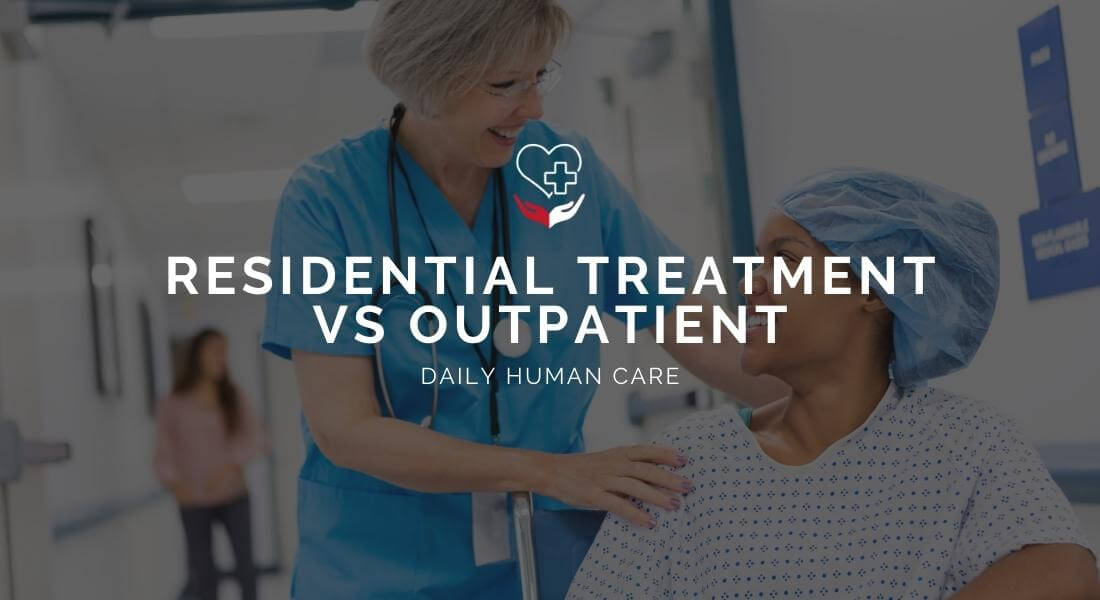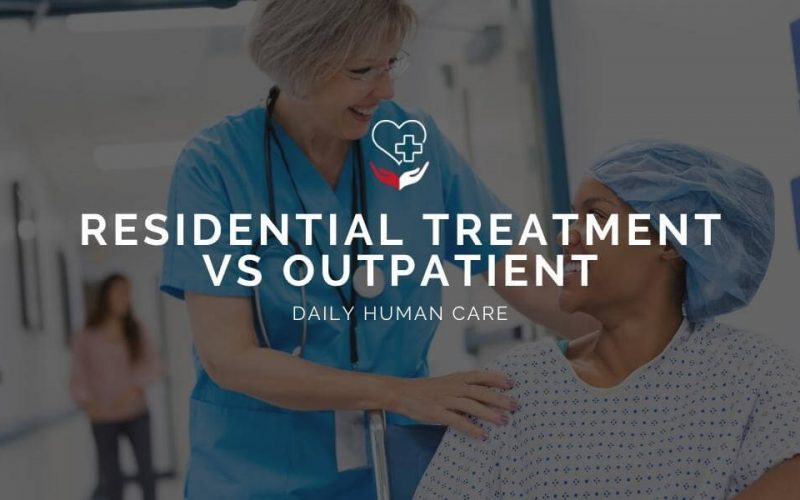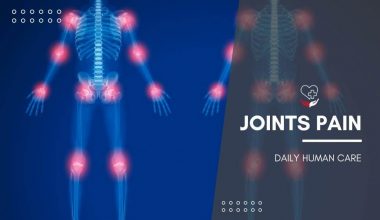Table of Contents
Residential Treatment vs Outpatient Treatment:
In the world of addiction treatment, there are two main types of programs: residential and outpatient. Both have their advantages, so it can be tough to decide which option is best for you or a loved one. This blog post will break down the key differences between residential and outpatient treatment to make an informed decision about what’s right for you.
Keep in mind that the best treatment option will vary depending on your specific situation. So talk to your doctor or therapist to see what they think is best for you.
Residential Treatment Center (RTC)
A residential treatment center (RTC) is a live-in facility that provides 24-hour care and supervision. RTCs are also sometimes called inpatient treatment centers or rehabs. RTCs usually offer a wide range of services, including detoxification, individual therapy, group therapy, and recreation. Most RTCs are located in hospitals or mental health clinics.
The main advantage of an RTC is that it provides a structured and safe environment for people in early recovery. RTCs can also offer a higher level of care than outpatient programs, which can be helpful for people with more severe addictions.
The downside of RTCs is that they can be expensive, and they may not be covered by insurance. RTCs can also be disruptive to your life, as you will have to take time off work or school to attend treatment.
Outpatient Treatment Program
An outpatient treatment program (OTP) is an addiction treatment that allows people to live at home while they receive treatment. OTPs usually offer a wide range of services, including detoxification, individual therapy, group therapy, and recreation.
The main advantage of an outpatient program is that it is less disruptive to your life than a residential program. You will not have to take time off work or school to attend treatment.
The downside of outpatient programs is that they may not be as intensive as residential programs, making them less effective for people with more severe addictions. Outpatient programs can also be expensive, and they may not be covered by insurance.
Intensive Outpatient Treatment Program
An intensive outpatient treatment program (IOP) is a type of addiction treatment similar to an outpatient program but with a more intense level of care. IOPs usually offer a wide range of services, including detoxification, individual therapy, group therapy, and recreation.
The main advantage of an IOP is that it can provide a higher level of care than an outpatient program, which can be helpful for people with more severe addictions. IOPs can also be less expensive than residential programs, which may be covered by insurance.
The downside of IOPs is that they can still be disruptive to your life, as you will have to take some time off work or school to attend treatment.
Things To Consider About Residential Treatment vs Outpatient Treatment Center (RTC vs OPC)
1. What is your level of addiction?
If you are deeply addicted and have tried to overcome your addiction through outpatient means without success, inpatient treatment may be necessary.
2. Are you able to abstain from drugs or alcohol during the daytime?
If not, an inpatient setting, where you are away from temptations and triggers, may be a better option.
3. Can you afford inpatient treatment?
Residential treatment is typically more expensive than outpatient treatment.
4. Do you have a strong support system at home?
If not, inpatient treatment, which provides 24/7 support, maybe a better option.
5. Do you have childcare responsibilities?
If so, outpatient treatment, which allows you to stay at home, maybe a better option.
6. Are you employed?
If so, outpatient treatment, which allows you to maintain your job, maybe a better option.
It’s important to note that there is no wrong answer when choosing between inpatient and outpatient treatment. The best decision is the one that’s right for you, given your specific situation. Talk to your doctor or therapist to see what they think is best for you.

Finding an Addiction Treatment Center Near You
If you’re ready to seek treatment for your addiction, finding a reputable treatment center is the first step. You can start your search by asking your doctor for a referral or by searching online.
Once you’ve found a few potential treatment centers, it’s important to do your research to ensure they are reputable and have a good track record. You can read reviews online, check with your state’s licensing board, or contact the Better Business Bureau to see if there have been any complaints filed against the center.
Once you’ve found a treatment center you feel good about, give them a call to ask any questions you have and find out if they have a program that’s right for you.
FAQs
What’s the difference between residential and outpatient treatment?
Residential treatment is when you live at a facility while you receive treatment. On the other hand, outpatient treatment allows you to live at home while you receive treatment. This can be a good option if you have a strong support system at home and are motivated to stay sober.
What are the advantages of residential treatment?
One of the main advantages of residential treatment is that you’re in a supportive environment 24/7. This can be helpful if you’re struggling with a severe addiction. Residential treatment can also be tailored to your specific needs, which can help you get the most out of your treatment.
What are the advantages of outpatient treatment?
This can be a good option if you have a strong support system at home and are motivated to stay sober. Outpatient treatment can also be more affordable than residential treatment.
What’s the best treatment option for me?
The best treatment option for you will vary depending on your specific situation. But residential treatment has some better options if you’re struggling with a severe addiction.
hope you enjoyed this article… Visit Daily Human Care for more interesting health-related articles.
DISCLAIMER: This is a sponsored post. Daily Human Care does not endorse and is not responsible or liable for any information, accuracy, quality, advertising, drugs, doctors, goods, or other items on this page because it is a sponsored press release. Before taking any steps, readers should conduct their own research. Daily Human Care (DHC) is not liable for any damage or loss caused or alleged to be caused by or in connection with the use of or reliance on any of the content, goods, or services mentioned in this article, whether directly or indirectly.




